If you had been travelling during the 28th and 29th you would have noticed the heightened security measures in airports, seaports and checkpoints on provincial land borders.
One reason is that Maundy Thursday is on the 29th of March which is an important holiday for the Philippines’ estimated 85 million Catholics, another reason is that the same date marks the anniversary of the founding of the New People’s Army (NPA).
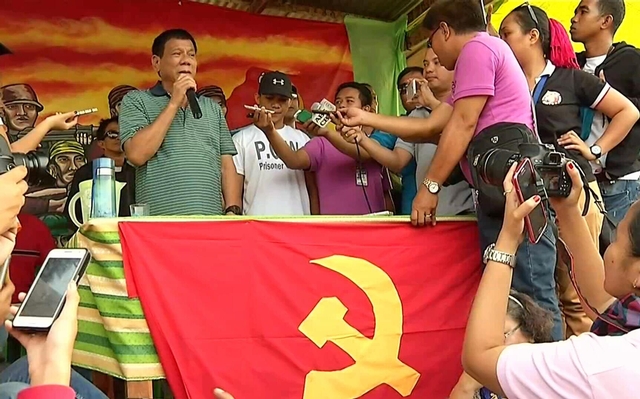
Despite singing their praises for most of his career as Davao City mayor, President Rodrigo Duterte’s perception of the Marxist-Leninist guerrilla group has taken a 180-degree turn. His closeness with the NPA leadership led him to be branded by the late Senator Miriam Defensor-Santiago as their “official candidate” during the 2016 elections, but since winning the presidency that year he has cancelled peace talks with the rebels, ordered their annihilation by the military and tagged them as an official “terrorist” group.
Duterte’s obsession with getting rid of the NPA and its political faction, the Communist Party of the Philippines, has driven him to intense levels of paranoia that he is willing to lump anyone who opposes his presidency with the communist rebels. This was evident in a list of more than 600 individuals who the Department of Justice (DOJ), with blessings from the President, wants to formally recognize as “state terrorists”.
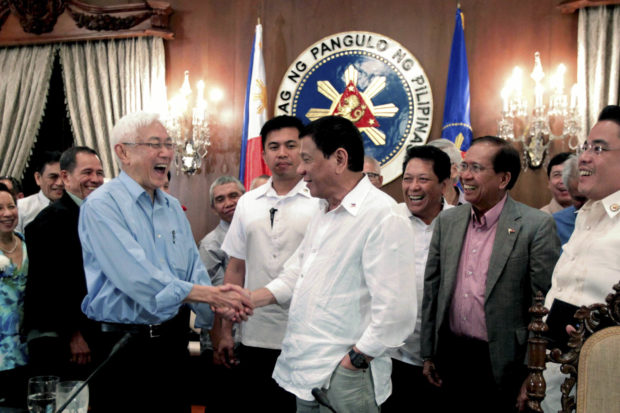
While the intention of the list was to identify belligerents of the state, the names of prominent activists have been included. They include Elisa “Tita” Lubi, formerly the regional coordinator for the Asia-Pacific Forum on Women, Law and Development as well as Joan Carling, a past secretary-general for the Asia Indigenous People’s Pact.
Both women represented mainstream, global advocacy groups which have historically pushed for the rights of women and indigenous people through peaceful means. Other female indigenous rights activists tagged as “terrorists” are Joanna Cariño, co-chairperson of Sandugo and Beverly Longid, global coordinator for the Indigenous Peoples Movement for Self-Determination and Liberation (IPMSDL).
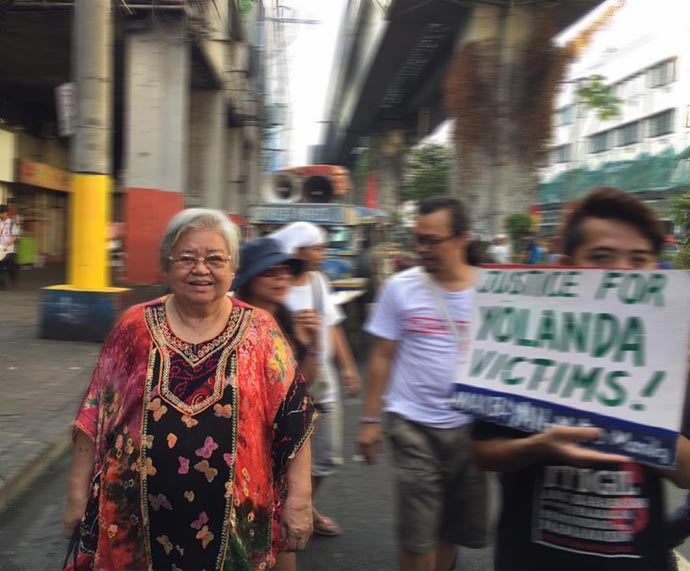
Being branded as “terrorists” will include these individuals in the Armed Forces of the Philippines’ (AFP) Order of Battle (OB), a list of enemies of the state who are then vulnerable to scrutiny by the military. Arrests without warrant and detention under prolonged periods, which often include being tortured, are legitimized under the Arroyo-era Human Security Act of 2007.
Several individuals in this alleged “terrorist” list have already suffered the brunt of extra-judicial law enforcement, one of whom was Arturo Colao, leader of the peasants’-rights group Resisting Expansion of Agricultural Plantations – Mindanao Network (REAPs), who was shot and killed by two motorcycle-riding men on the 25th of January.
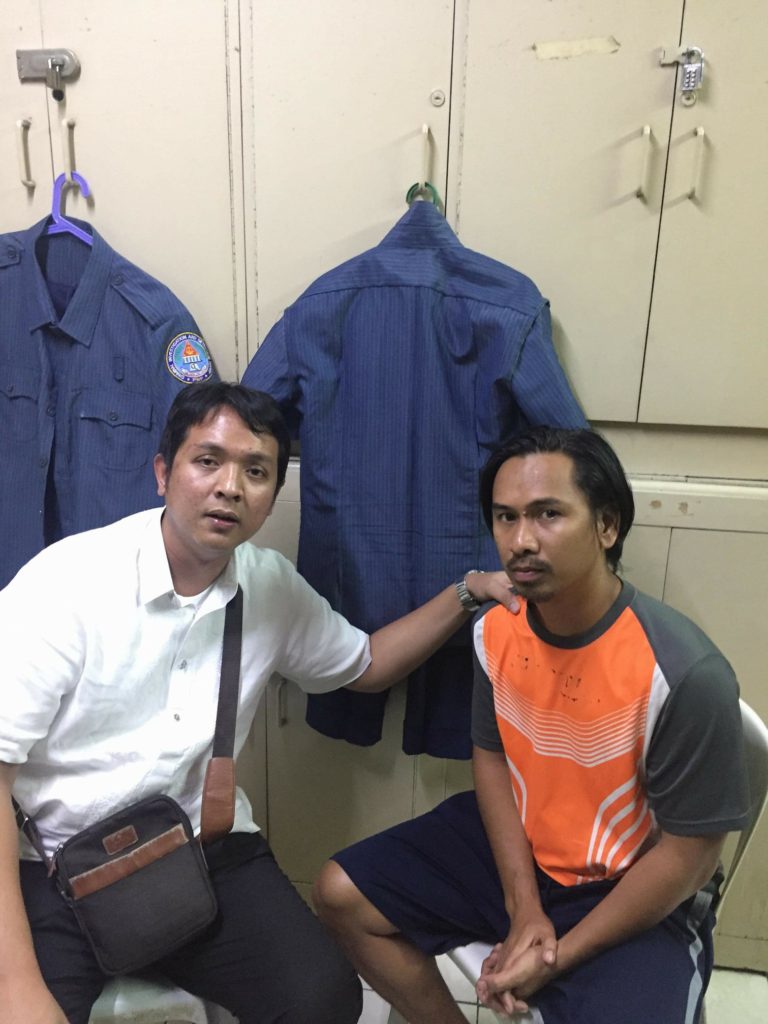
Another activist arrested this year was Maojo Maga, apprehended six days after Colao’s slaying by people who identified as members of the police force but were wearing civilian clothing. He was an organizer for Kilusang Mayo Uno (KMU) and for Piston, an activist group of jeepney drivers.
The Criminal Investigation and Detection Group (CIDG) stated that Maga had a pending warrant for an illegal possession of firearms charge, but apprehended the victim without presenting such warrant. Neither men are rebel soldiers fighting with the New People’s Army in the mountaintops, they are full-time activists who challenged the Duterte administration through democratic, non-violent means on the ground.
These incidents followed the dubious arrest of Ilocos Sur environmentalist, Sherwin de Vera, on the 12th of December last year which happened shortly after Duterte proclaimed the New People’s Army as a “terrorist group”. His affiliation with Defend Ilocos – an environmental activist group in the Ilocos region – made him a target under the country’s questionable “anti-terror” laws.
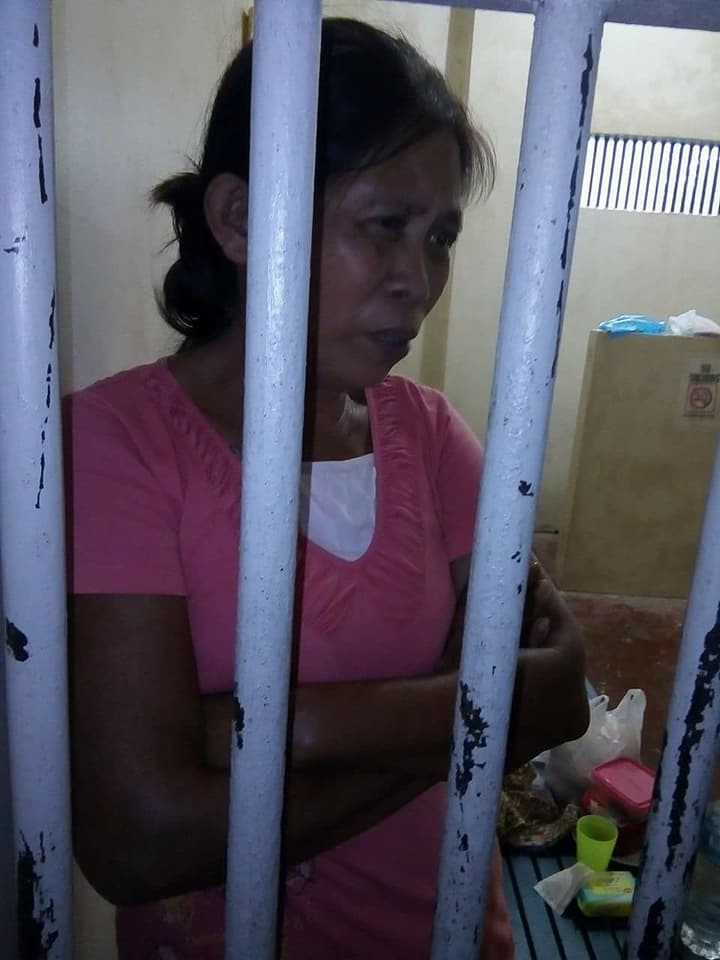
Old-aged activists with health problems were also not spared from Duterte’s inhumane crackdown on activists, as the 59-year old Adelaida Macusang of the peasants’ advocacy group Montevista Farmers Association (MONTEFARMA) was taken by soldiers from the 25th Infantry Battalion on the 24th of March for illegal possession of explosives. The thought of an elderly and frail woman, who is fondly called “Nanay Ede” (Mother Ede) by her peers, could have the possession of explosives for combat is highly dubious.
Activists from the other end of the age bracket have also been targeted, such as the now-labelled ‘Mabinay 6’ which include 22-year old youth activist Myles Albasin. All six were student activists affiliated with the Anakbayan group, who were detained by the 62nd Infantry Battalion of the Philippine Army after allegedly engaging them in a 45-minute gunfight in Mabinay, Negros Oriental.
That claim raised serious doubts after a paraffin test conducted on the six youth activists tested negative, meaning they were not in contact with gunpowder during the time of their apprehension by state security forces. What also is interesting to note is that residents who lived in the area where the alleged firefight happened were not awakened by any noise of gunfire or explosions.
All these activists who have faced persecution by state authorities had very little evidence of participating in any armed combat, the only common thread that seems to run among all of them is that they are activists who have shown great displeasure of the Duterte administration.
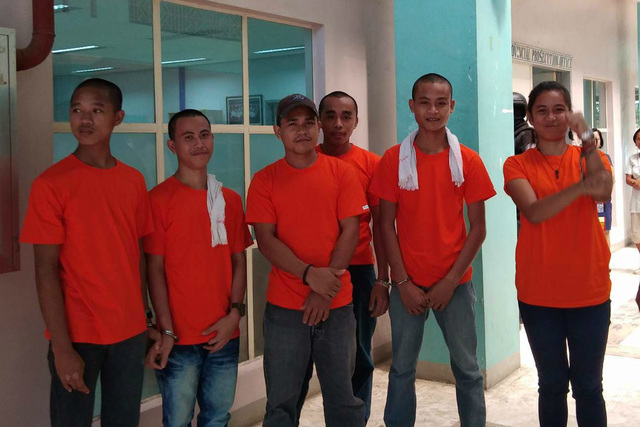
They may have participated in strikes, they may have yelled chants on the street and waved placards with anti-government messages but none of these actions are illegal. They are the bread and butter of political activism, which is one of the guaranteed aspects of a democratic state.
To conflate activism with terrorism means that those in power are seriously threatened by them, but then again why wouldn’t they when these activists are not swayed with money or power but rather the tireless pursuit for societal change? If anything, those who are cracking-down on them are the ones worthy of being branded “terrorists” instead.

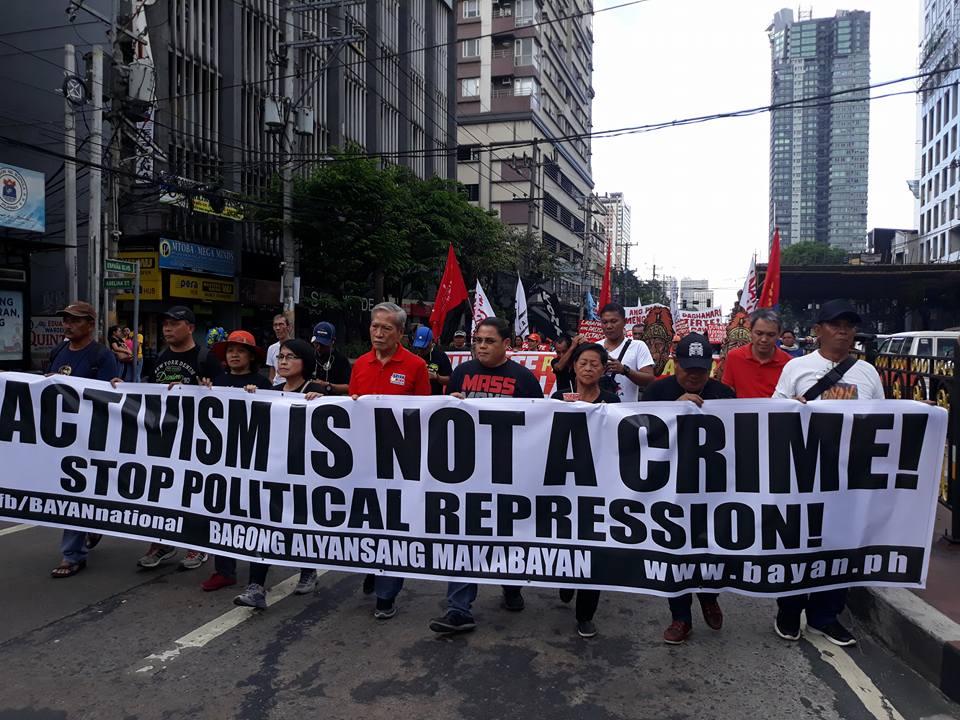
So tired of all the red-tagging that happens, even student government members are targeted simply for opposing the government’s policies!